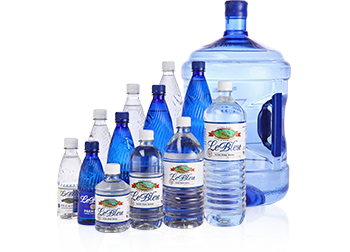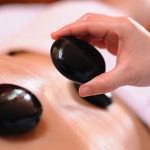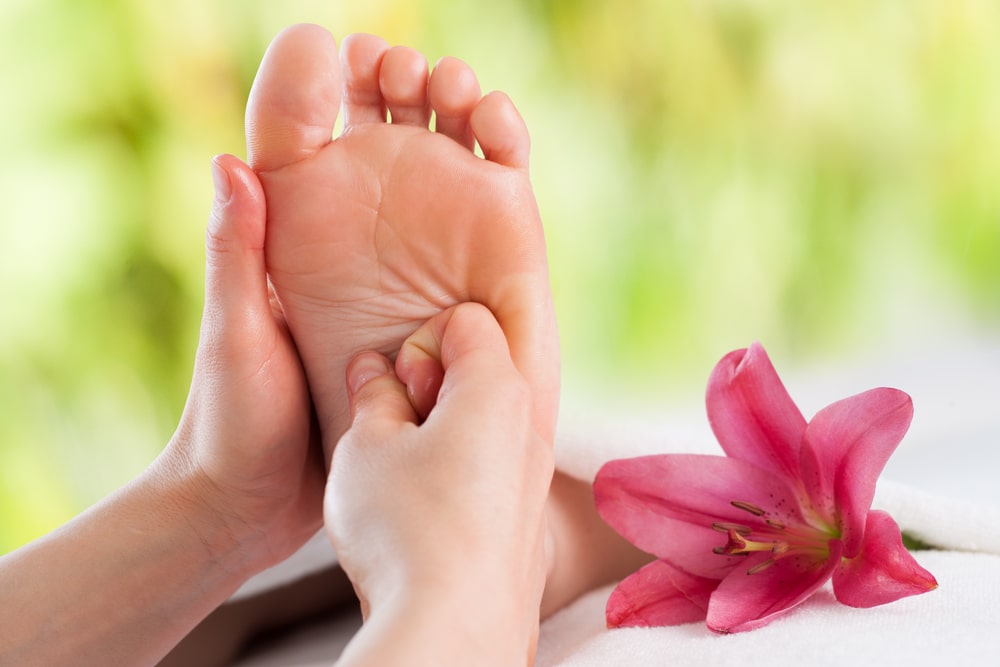Water is essential to our being; our bodies are made up of 75% water.
Do you find yourself consuming more alcoholic and caffeine laced beverages more than you drink water? This will eventually result in poor health conditions.
Water makes up a majority of your body weight and is involved in many important functions, including:
- It helps create saliva – your saliva production may decrease as a result of age or certain medications or therapies.
- It regulates your body temperature
- It protects your tissues, spinal cord, and joints
- It helps excrete waste through perspiration, urination, and defecation
- It helps maximize physical performance
- It helps prevent constipation
- It aids in digestion
- It helps with nutrient absorption
- It helps you lose weight
- It improves blood oxygen circulation
- It helps fight off illness
- It helps boost energy
- It helps keep skin bright. Adequate water intake will help keep your skin hydrated and may promote collagen production. However, water intake alone isn’t enough to reduce the effects of aging. This process is also connected to your genes and overall sun protection.
- It prevents overall dehydration. Dehydration is the result of your body not having enough water. And because water is imperative to so many bodily functions, dehydration can be very dangerous.
Severe dehydration can result in a number of severe complications, including: swelling in your brain, kidney failure and seizures. Make sure you drink enough water to make up for what’s lost through sweat, urination, and bowel movements to avoid dehydration.
How much should you drink?
Being attentive to the amount of water you drink each day is important for optimal health. Most people drink when they’re thirsty, which helps regulate daily water intake.
According to the National Academies of Sciences, Engineering, and Medicine, general water recommendations for total water intake (from all beverages and foods) are:
- about 15.5 cups of water (125 ounces) each day for men
- about 11.5 cups (91 ounces) daily for women
In addition, the National Academies report that people get about 20 percent of their daily water intake from food. The rest is dependent on drinking water and water-based beverages.
You’ll have to increase your water intake if you’re exercising or living in a hotter region to avoid dehydration.
The bottom line
Water is important to nearly every part of your body. Not only will hitting your daily recommended intake help you maintain your current state of being, it may even improve your overall health.
Here are some ideas for how you can be sure you drink enough:
- Carry a water bottle with you wherever you go. This way you can drink whenever the need strikes.
- Keep track of your intake. Aim to take in optimum amounts every day.
- Pace yourself to approach half of your recommended consumption by midday. You can always finish about an hour before you plan to sleep.





